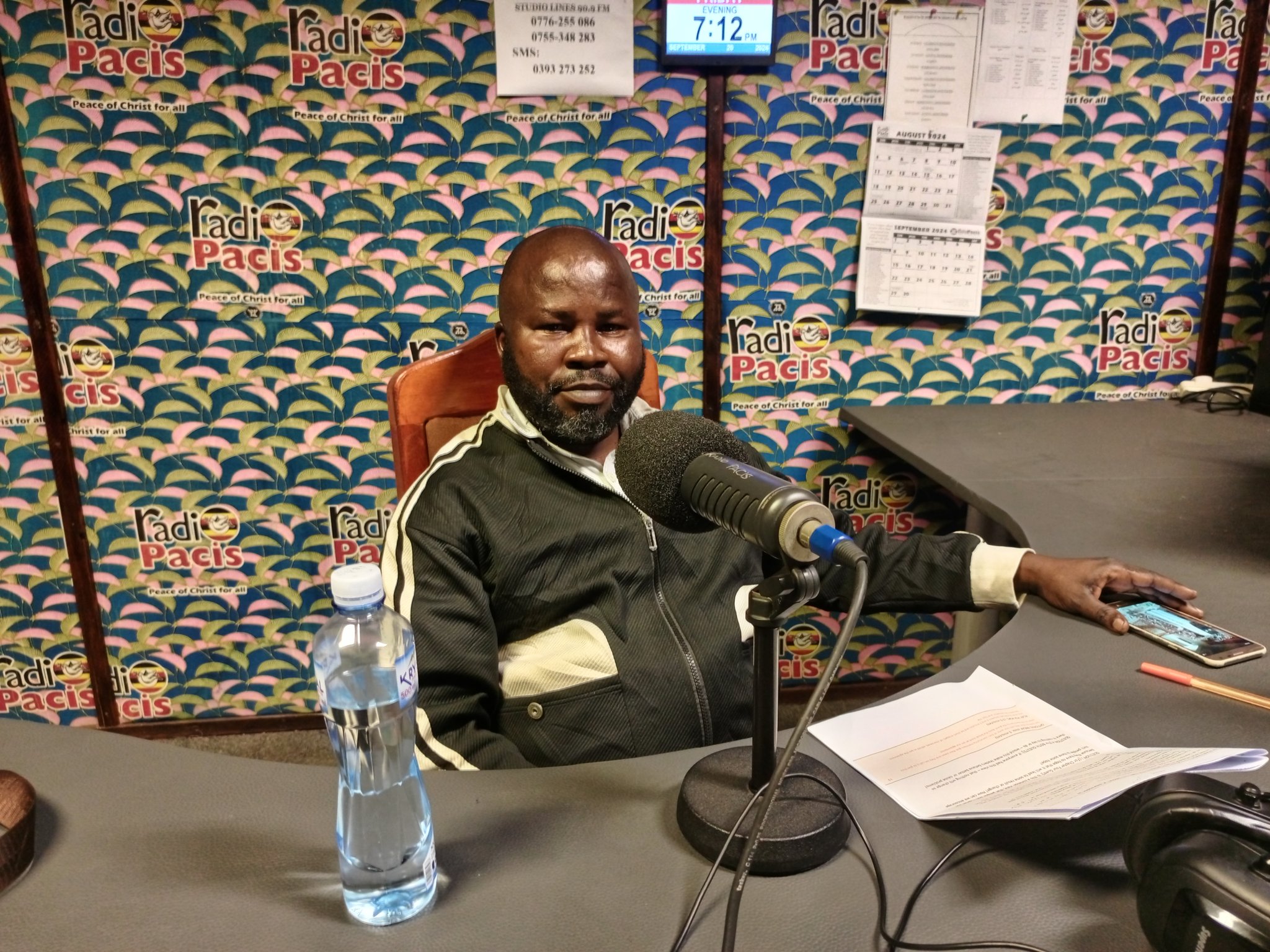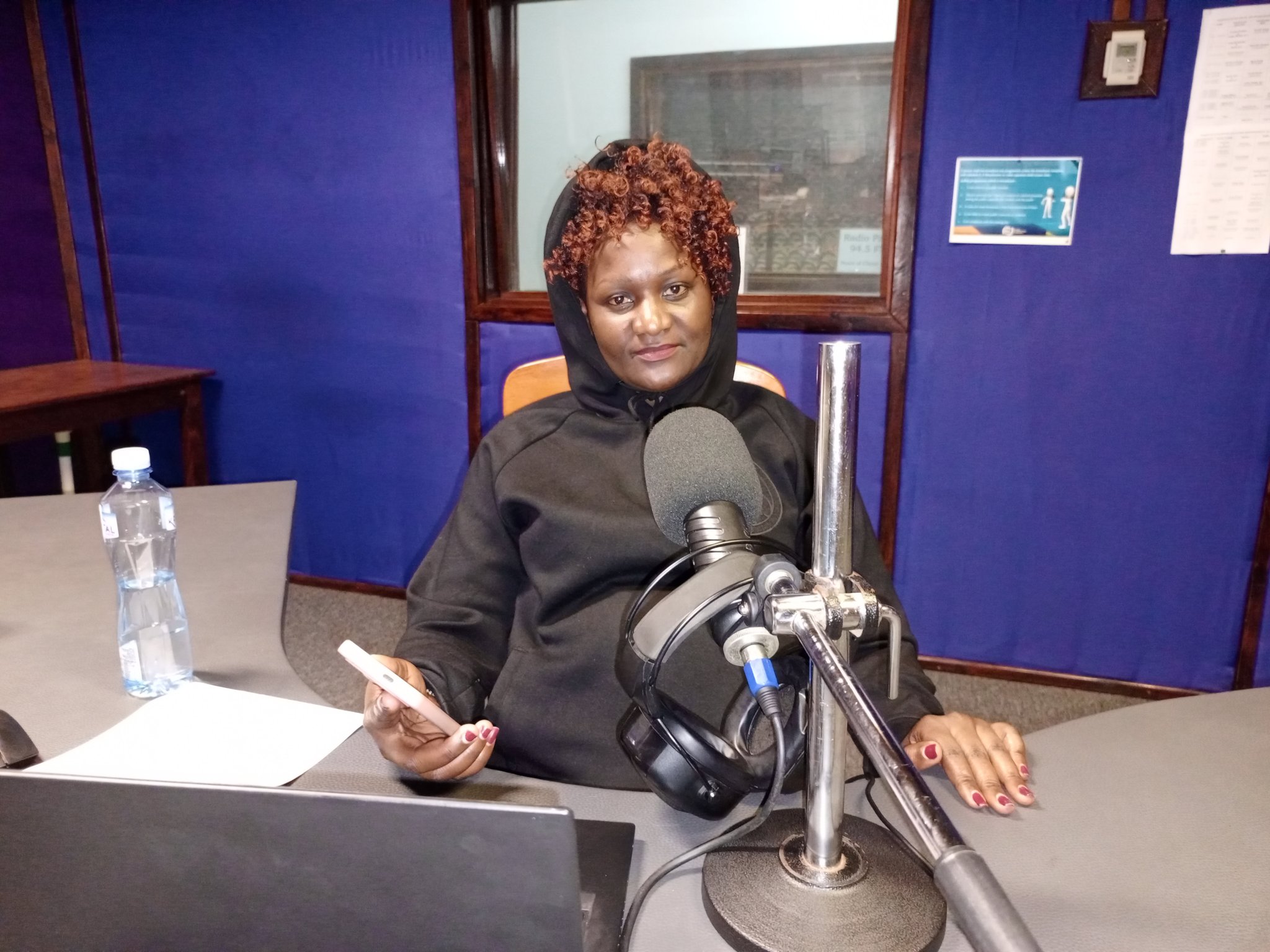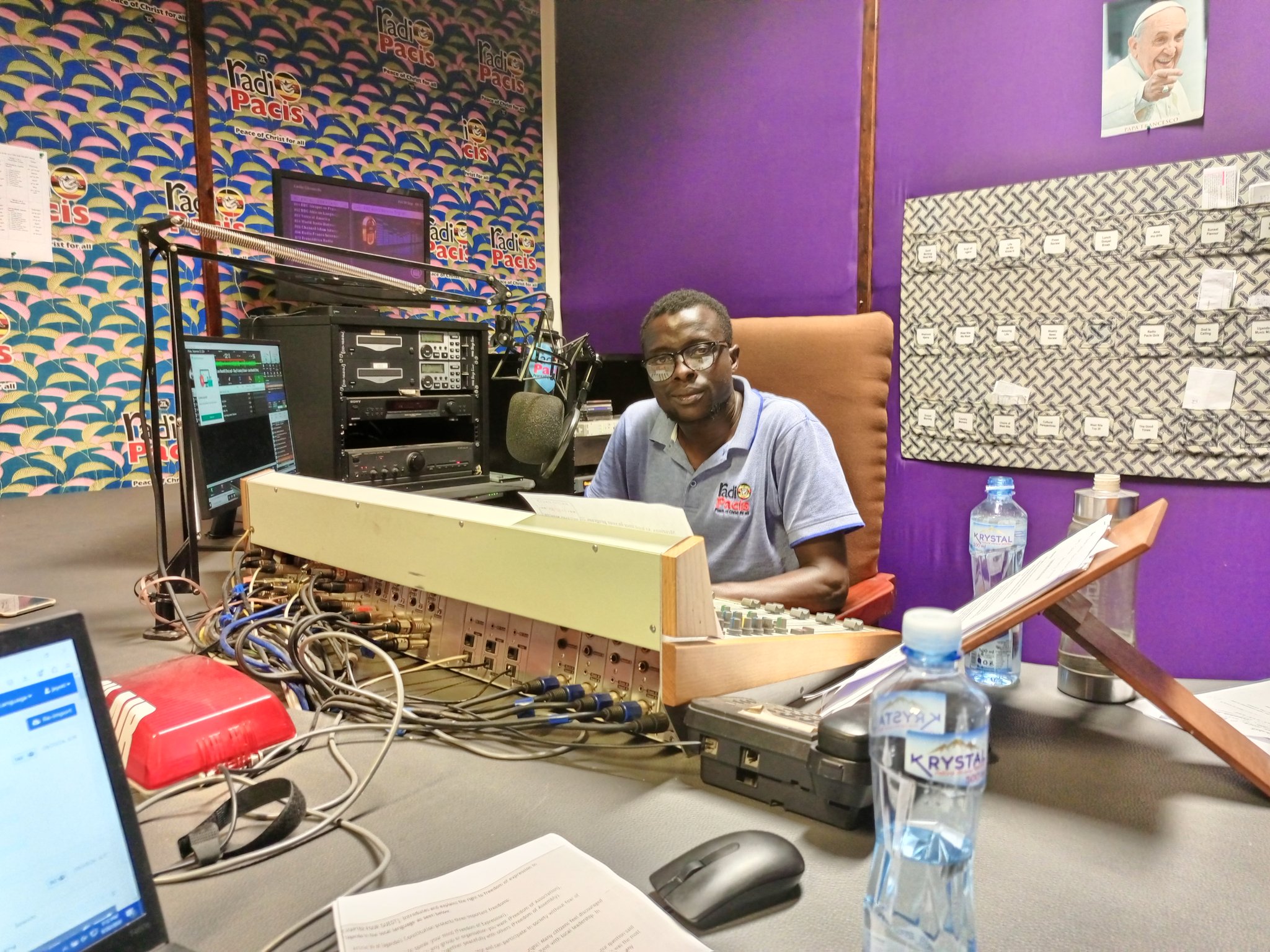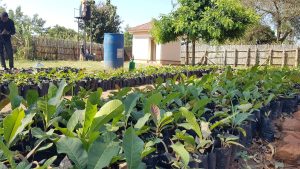Survey: 47.5% Ugandans give up on protests
Highlights
- In the study, male participants who feared consequences stood at 20% while female participants stood at 23%
- In the study, male participants who feared consequences stood at 14% while female participants stood at 15%
A study conducted by TRAC FM in partnership with Chapter Four Uganda indicates that 47.5% of Ugandan citizens find it a waste of time to demonstrate about their leaders in relation to performing their mandate.
They believe that even if they protest, nothing will change.
Kazi-njema online radio reporter who closely followed the report dissemination on Radio Hoima in Hoima city noted more live calls, adding flesh on the report.
The show host, Mr Nicholas Byaruhanga, was giving feedback to the audience that participated in the study through sending messages.
The survey saw 17,000 people from all over Uganda participate in the poll question: “Why would you refrain from expressing discontent with local leaders”?
Male participants who refrained from expressing their discontent stood at 48% while female ones stood 46%.
Those in the second position stood at 20.7% saying that they cannot express themselves over the matter “….fearing consequences from authorities.”
In the study, male participants who feared consequences stood at 20% while female participants stood at 23%.
However, there are those who express their dissatisfaction when they see their local leaders fail to perform to society’s expectations.
Those ranked third most popular standing at 17.3% say they “actually ……always speak out.”
In this category, male participants were at 18% while female participants at 16%.
“Despite these barriers, some individuals still speak up about their grievances,” the report continues.

Aluma Clement, A journalist and Chapter Four Guest discussing the human rights survey on Radio Pacis Fm in Arua City FM. Images by Radio Pacis.
In another category, the study report says only 14.5% of the participants indicated that “the wider community might see” them “as rebellious or as a nuisance.”
In the study, male participants who feared consequences stood at 14% while female participants stood at 15%.
The question was posed a week ago, according to TRAC FM, a non-government organisation.
While analysing the on-air survey results on Radio Hoima, Mr John Kibego, a renowned Environmental and Human Rights Journalist based in Hoima city, said that the number of people appearing to give up on their right to freedom of expression is a bad indicator to the future of human rights in Uganda.
He argued that any step to surrendering the right to freedom means many steps losing more rights.
“Some people are very ready to violate all human rights for their selfish gains as long as you don’t express your-self,” Mr Kibego said.
“Seeing circumstances where things have not changed despite peaceful protests should not make you surrender. You will always get someone concerned about your rights when you express yourself in any way within the law.”
Mr Kibego who represented Chapter Four Uganda added that the right to freedom of expression, assembly and association is clear in the 1995 Constitution of the Republic of Uganda as amended.
“It is under Article 29 of Chapter Four of the Constitution of the Republic of Uganda as amended where you find all other human rights,” he said.
Ms Jennifer Baitwamasa, a Human Rights Defender from Navigators of Development Association (NAVODA), encouraged women to respond to the call to express themselves to minimise maginalisation embedded in culture.
“Rights are not granted by anyone or the State. It is inalienable. You can always express yourself as long as you do it peacefully,” she said.
Ms Baitwamasa called upon leaders to stop any forms of intimidating citizens who rise up to challenge them but should instead listen to them for the sake of democracy.

Linda Suzan, a Social worker in Arua City discuss the human rights survey.
The poll question was prepared after a training of representatives from 11 selected on-air radio stations across the country held in Kampala last month.
Radio Hoima in Hoima city, Hits FM in Fort Portal and Pacis Radio in Arua City are among the stations participating in the project ending in February next year.
Editor: Story first published on Kazi-N jema














Post Comment